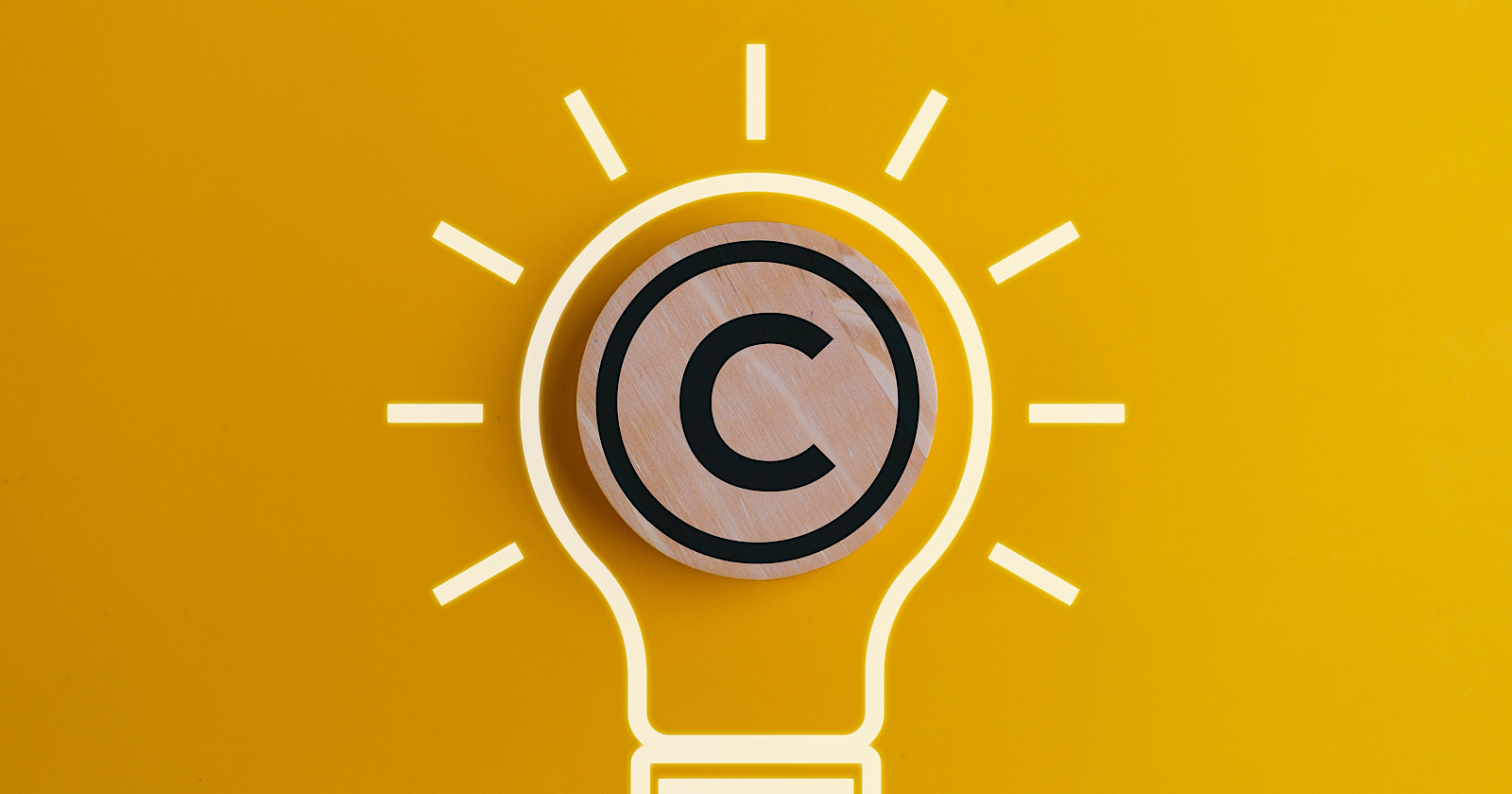The U.S. Copyright Office has released a report on how current laws apply to content created by AI.
It affirms that AI can assist with the creative process, but only works that include meaningful human input can be copyrighted.
Here’s what you need to know about copyrighting AI-generated content.
Key Findings
Human Authorship Is Essential
The report states that AI-generated output can only receive copyright protection if a human adds significant creative input.
This input might include:
- Major changes to AI-created material
- Creative arrangement or selection of AI outputs (like putting together AI-generated text into a collection)
- Use of AI elements in larger human-created works (such as using AI-generated visuals in a film storyboard)
However, just giving prompts to an AI system without any extra creative input doesn’t qualify for copyright.
No Legal Changes Recommended
The Copyright Office believes current copyright laws can adapt to content made by AI.
They point to past examples of copyright principles changing to accommodate photography, computer code, and other new technologies.
The report doesn’t support immediate changes to the law.
What This Means
Here’s what this means for artists, writers, and businesses using AI tools:
- Collaborative Works: Projects that mix AI-generated elements with human-created ones (like AI-assisted designs improved by artists) might get partial copyright protection.
- Tool Usage: Using AI for editing, brainstorming, or technical tasks does not take away a work’s copyright eligibility as long as a human shapes the final result.
- Prompt Engineers: Those who only create prompts for AI without adding more creative input will not own rights to the AI outputs.
What’s Next?
The Copyright Office will examine issues like AI training data and licensing in future reports.
Ongoing lawsuits might influence how courts interpret these rules.
This report is part of the U.S. Copyright Office’s AI Initiative launched in 2023. The first part focused on digital replicas and voice cloning, while future sections will address AI training data, licensing, and liability.
FAQ: U.S. Copyright Office Report On AI-Generated Content
We understand you may still have questions, and we’ll do our best to answer them with quotes pulled directly from the report.
1. Is current copyright law sufficient to handle AI-generated works?
A:
“Questions of copyrightability and AI can be resolved pursuant to existing law, without the need for legislative change.”
2. Can AI-generated material ever be copyrighted?
A:
“Copyright does not extend to purely AI-generated material, or material where there is insufficient human control over the expressive elements.”
3. Does using AI tools disqualify a work from copyright protection?
A:
“The use of AI tools to assist rather than stand in for human creativity does not affect the availability of copyright protection for the output.”
4. Are prompts enough to claim authorship of AI-generated content?
A:
“Prompts alone do not provide sufficient human control to make users of an AI system the authors of the output.”
5. Can human edits to AI outputs qualify for copyright?
A:
“Human authors are entitled to copyright in their works of authorship that are perceptible in AI-generated outputs, as well as the creative selection, coordination, or arrangement of material in the outputs, or creative modifications of the outputs.”
6. Should AI systems receive new legal protections?
A:
“The case has not been made for additional copyright or sui generis protection for AI-generated content.”
7. What about international competition in AI development?
A:
“In the European Union, the majority of member states agreed, in response to a 2024 policy questionnaire on the relationship between generative AI and copyright, that current copyright principles adequately address the copyright eligibility of AI outputs and there is no need to provide new or additional protection.”
8. How does this affect creators with disabilities who use AI tools?
A:
“Discussing creators with disabilities, another noted that “AI acts as a tool in the hands of an author,” rather than a source of expressive content.
The Office strongly supports the empowerment of all creators, including those with disabilities. We stress that to the extent these functionalities are used as tools to recast, transform, or adapt an author’s expression, copyright protection would be available for the resulting work.”
For More Information
Read the full report and access registration examples at copyright.gov/AI.
Featured Image: Family Stock/Shutterstock





![AI Overviews: We Reverse-Engineered Them So You Don't Have To [+ What You Need To Do Next]](https://www.searchenginejournal.com/wp-content/uploads/2025/04/sidebar1x-455.png)